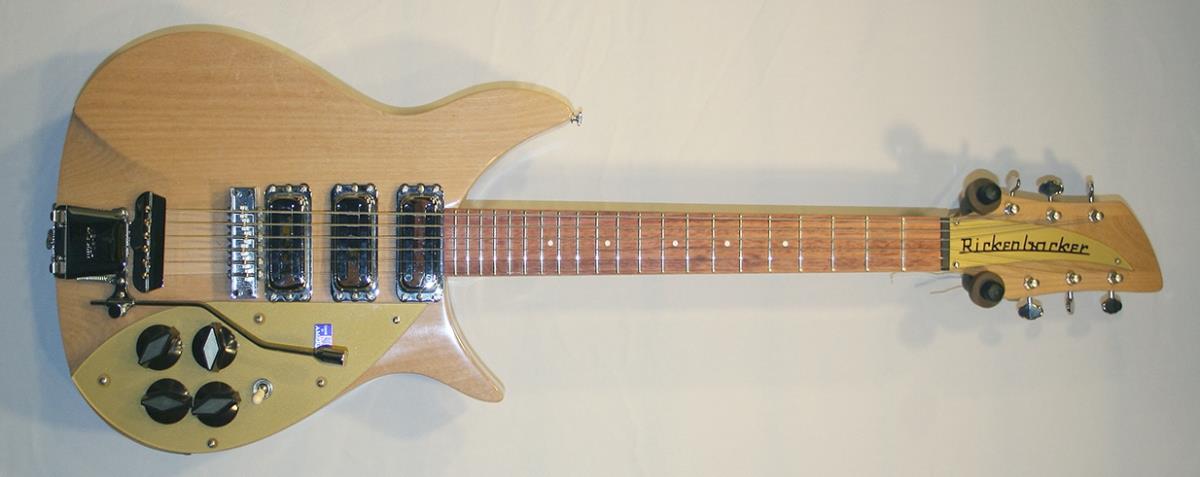

)īack in the old days of big ole bad wolf major labels there were many bands who failed that had critical acclaim of a new album backed up by serious promotion too so there is always some mystery as to why stuff has immediate as well as long lasting appeal. a stonking melody is a stonking melody, no matter where or when it occurred. I find stuff in the archives that was coined way before my stay aboard this rock began, and the pure quality of work shines above the stylistics of the day. ( I should also add that I'm not a believer in an automatic bias to what was about when you came of age. not like something that's a recognized classic and has withstood the test of time that's where the rubber meets the road for me. Yes ! A current snap shot of what's charting ( and the many-flavored charts have many a flaw ) doesn't really say allot. I wonder how those numbers will look 50 years from now? (That said, there were some folks who would buy everything from the Beatles, particularly in the hope of getting a b-side that wouldn't be on an album release.) So, in the case of the Beatles, those inclined to buy them in the first place would be most likely to buy the album for $3 or $4 rather than shell out $1 for 2 songs. Back then, the ~$1 one paid for a single would buy 4 or 5 gallons (or more) of gas (in the US), or a big burger, fries, and a malt from a good non-chain joint, or five 9 volt batteries (priced those lately? ). I think, in the case of the Beatles, after the first couple of albums, most of the singles were probably sold to people who couldn't wait for the album to come out. I think this may (with some exceptions, of course) say more about the commercial viability of "singles artists" compared to "album artists." Aside from early Beatles, neither were they. But also, Hendrix wasn't really a singles artist.

I think Dan has a point about a lot more people and a lot better distribution these days.


 0 kommentar(er)
0 kommentar(er)
